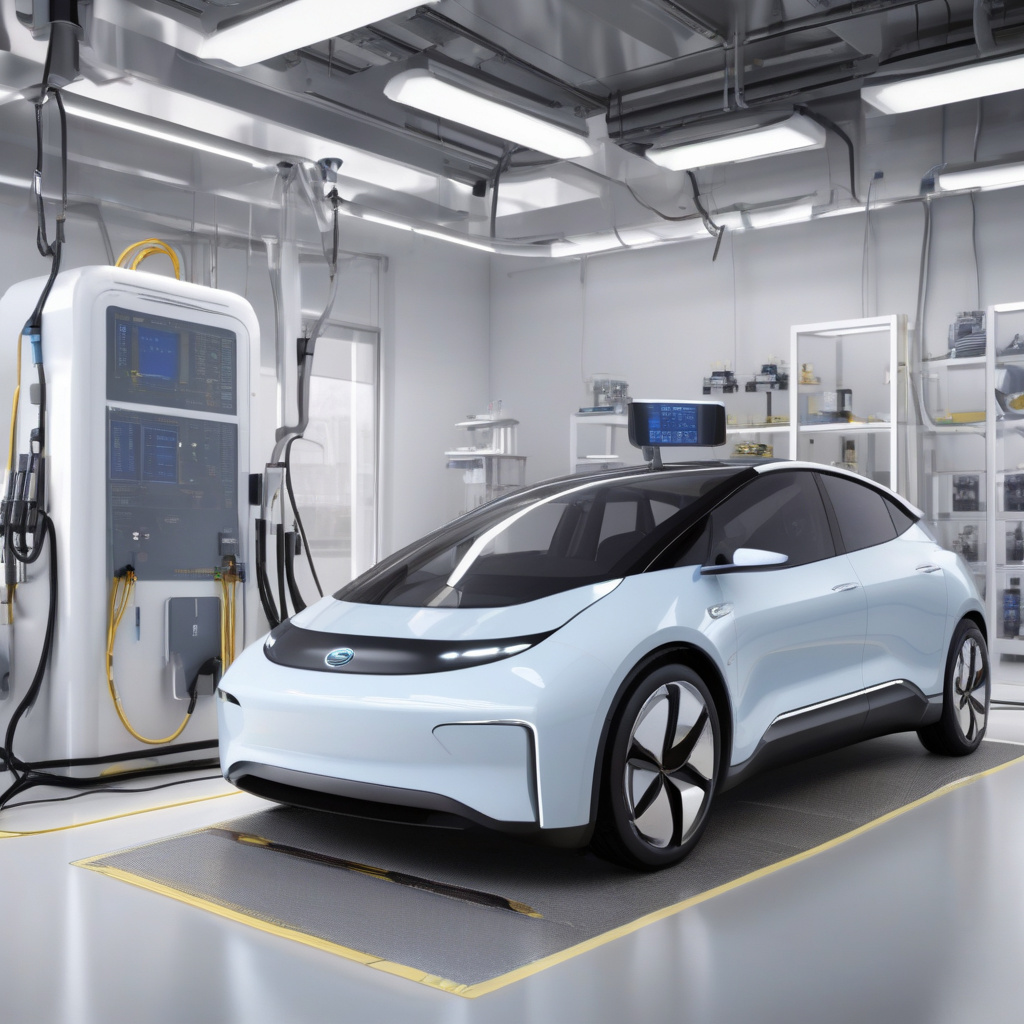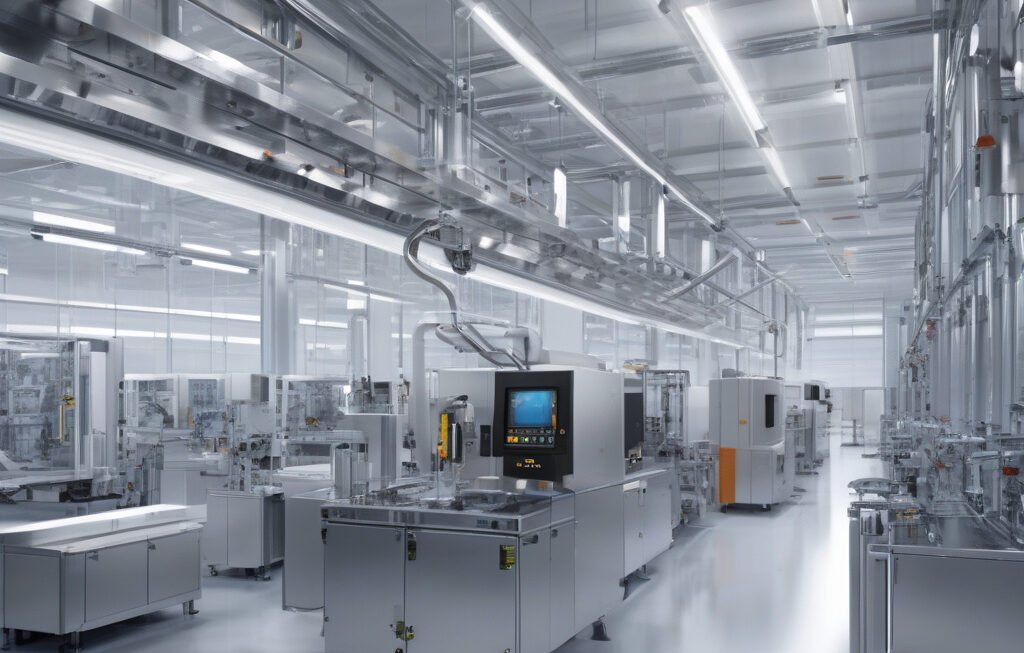Chinese Firm’s Breakthrough EV Battery Hits 500 Wh/kg Energy Density, 483-Cycle Life
A Chinese firm has achieved a breakthrough in lithium metal battery (LMB) technology through quantitative advancements that are set to revolutionize the electric vehicle (EV) industry. The company, which has been at the forefront of battery innovation for years, recently announced a remarkable milestone: a new EV battery with an energy density of 500 watt-hours per kilogram (Wh/kg) and an impressive 483-cycle life. This achievement represents a significant leap forward in the quest for more efficient and durable battery solutions that could potentially reshape the future of transportation and energy storage.
The development of a lithium metal battery with such high energy density is a game-changer for the EV market. Energy density is a critical factor in determining the range of electric vehicles, as higher energy density means that a battery can store more energy without adding extra weight. With a density of 500 Wh/kg, this new battery could significantly extend the driving range of EVs, addressing one of the key barriers to widespread adoption of electric vehicles.
In addition to its impressive energy density, the new EV battery also boasts a remarkable cycle life of 483 cycles. Cycle life refers to the number of complete charge-discharge cycles a battery can undergo before its capacity falls below a certain threshold. A longer cycle life not only improves the durability and reliability of the battery but also contributes to lower overall costs for EV owners, as they would need to replace the battery less frequently.
The breakthrough achieved by the Chinese firm underscores the importance of continuous research and innovation in the field of battery technology. By pushing the boundaries of what is possible, companies like this one are driving progress and paving the way for a more sustainable and energy-efficient future. The development of high-energy-density lithium metal batteries could have far-reaching implications beyond the automotive industry, impacting sectors such as renewable energy storage and portable electronics.
This milestone also highlights the competitive landscape of the EV market, where advancements in battery technology play a crucial role in determining the success of companies. As demand for electric vehicles continues to rise globally, manufacturers are under pressure to develop batteries that offer better performance, increased longevity, and enhanced safety features. The Chinese firm’s breakthrough serves as a testament to its commitment to innovation and its ability to stay ahead in a rapidly evolving industry.
Looking ahead, the successful commercialization of the new EV battery with 500 Wh/kg energy density and 483-cycle life could have profound implications for the EV market. It could accelerate the transition to electric mobility, reduce greenhouse gas emissions, and contribute to a more sustainable transportation ecosystem. As consumers and policymakers alike prioritize environmentally friendly solutions, high-performance batteries like these will play a crucial role in shaping the future of transportation.
In conclusion, the Chinese firm’s achievement in developing a lithium metal battery with a remarkable energy density of 500 Wh/kg and a cycle life of 483 cycles marks a significant milestone in the evolution of battery technology. This breakthrough not only has the potential to revolutionize the electric vehicle industry but also to drive innovation across various sectors reliant on advanced battery solutions. As companies continue to push the boundaries of what is possible, we can expect further breakthroughs that will shape a more sustainable and efficient future for all.
EV, Battery Technology, Lithium Metal Battery, Energy Density, Sustainable Energy










